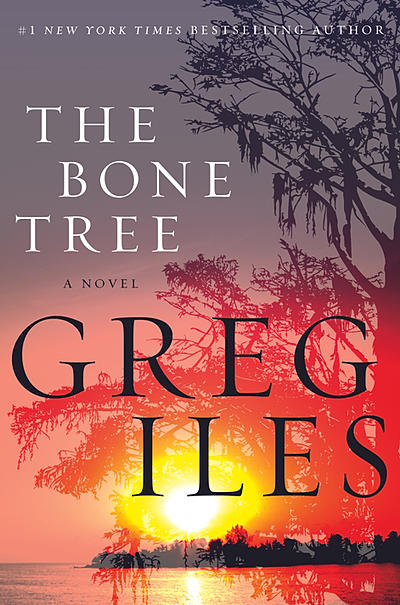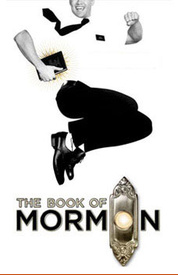
I just read at Greg's website (www.gregiles.com) that Sony and Amazon, working with actor Tobey Maguire, plan to make an original cable TV series from these books and I know that Iles is well into the final novel, prepping it for release next summer. If you want to be in on the ground floor, begin reading now.
For those of you unfamiliar with the series, or Iles for that matter, his novels introduce a Mississippi native named Penn Cage. Once a prosecutor, he has returned to his hometown of Natchez to become mayor. With him is Caitlin Masters, his fiancé, descended from a long line of honored journalists and currently publisher of the local newspaper.
Together, though they often keep an unhealthy number of secrets from each other, they are working to expose members of a special branch of the Ku Klux Klan, the Double Eagles, all prominent business people, well connected politically, and with tentacles that reach deep into Mississippi and Louisiana law enforcement. No surprise there.
Not only was this group responsible for unsolved rapes and murders dating back to the 60's and the height of the civil rights era but, according to a rogue FBI agent, they may have been involved in the attempted assassination of Bobby Kennedy and the actual death of JFK in Dallas.
Iles deftly shows how complicated a multi-state, multi-police force investigation can be, especially when vital communications are stunted because of a lack of trust among the various agencies. To further muddy the waters, Penn is faced with a heart-rending conflict of interest, when his beloved father and local hero Dr. Tom Cage, becomes a fugitive from justice on a trumped up murder charge.
This series throws the cold, hard light of scrutiny on a shameful part of America's history. Because Iles writes in such a dramatic, over-the-top kind of style, you might be forgiven for saying,
"Oh no, this couldn't have happened in this country, he's just taking literary license."
Of course, you would be wrong. Even though the plot becomes so convoluted that at times it defies logic, there's no doubt that there are too many black bodies hidden in the bone trees in the Louisiana swamps. Beginning with reconstruction and the implementation of Jim Crow laws, organizations like the KKK have operated with impunity in the south, going underground when necessary, and being legitimized under the auspices of private business.
If you find yourself wondering why #blacklivesmatter has become a cri de coeur and you want a history lesson that's not didactic but wrapped up in 1600 pages of fiction that you simply can't put down, then begin at the beginning with "Natchez Burning," and I guarantee you'll be anxiously waiting for book number three to find out if good will finally triumph over evil.




